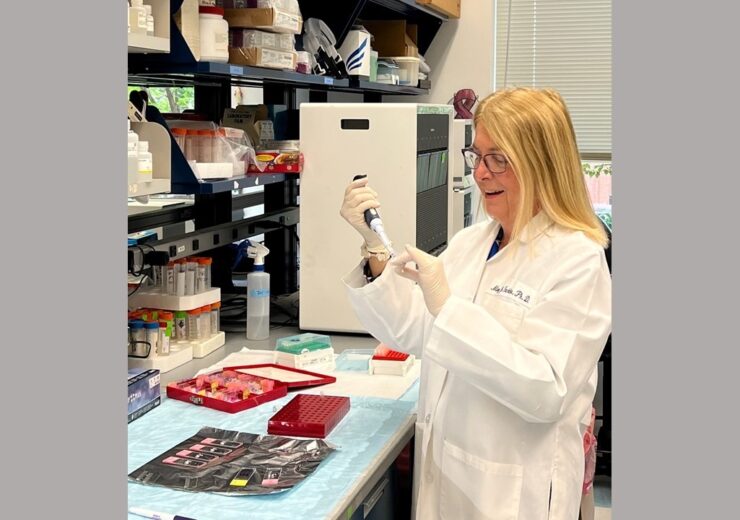The test, which is presently a prototype for research purposes, can be used to assist physicians in determining whether cancer therapies are effective or not

Mary Jo Fackler, Ph.D. Credit: Peggy Li
A team of researchers at the Johns Hopkins Kimmel Cancer Center has developed an automated liquid biopsy test to detect breast cancer within five hours.
The test can identify the presence of cancer DNA in the blood of patients with metastatic breast cancer and give results in five hours.
The biopsy test, which is presently a prototype for research purposes, can be used to assist physicians in determining whether cancer therapies are effective or not.
Known as Liquid Biopsy for Breast Cancer Methylation (LBx-BCM), the test can identify methylation, a type of chemical tag, in one or more of nine genes changed in breast tumours in 4.5 hours.
It requires less than 15 minutes of hands-on time by a laboratory technician and is compatible with a commercially available molecular testing platform called GeneXpert.
The validation of the test and its prospective applications was published online on May 6 in the journal Cancer Research Communications.
The test, co-developed with scientists at Cephied, allows the clinician to place blood or plasma samples from cancer patients in tubes containing a reagent.
Later, the content is placed in cartridges for the commercial system to chemically modify the DNA, then amplify and detect methylated genes, generating results quickly.
Johns Hopkins University School of Medicine oncology and pathology professor Saraswati Sukumar said: “Our goal was to develop an assay that would be sophisticated yet simple to perform worldwide and could be used at the point of care to provide same-day feedback to clinicians and patients.
“If we are able to show by this cartridge assay that we are indeed successful in predicting the course of treatment, we might be able to institute changes in the way we look at chemotherapy and the way we treat patients for metastatic breast cancer.”
The researchers studied the test’s ability to detect metastatic breast cancer in two sets of samples from previous studies at the university.
It showed an overall diagnostic accuracy of 85%, accurately detecting cancer 83% of the time and correctly ruling it out 92% of the time.
